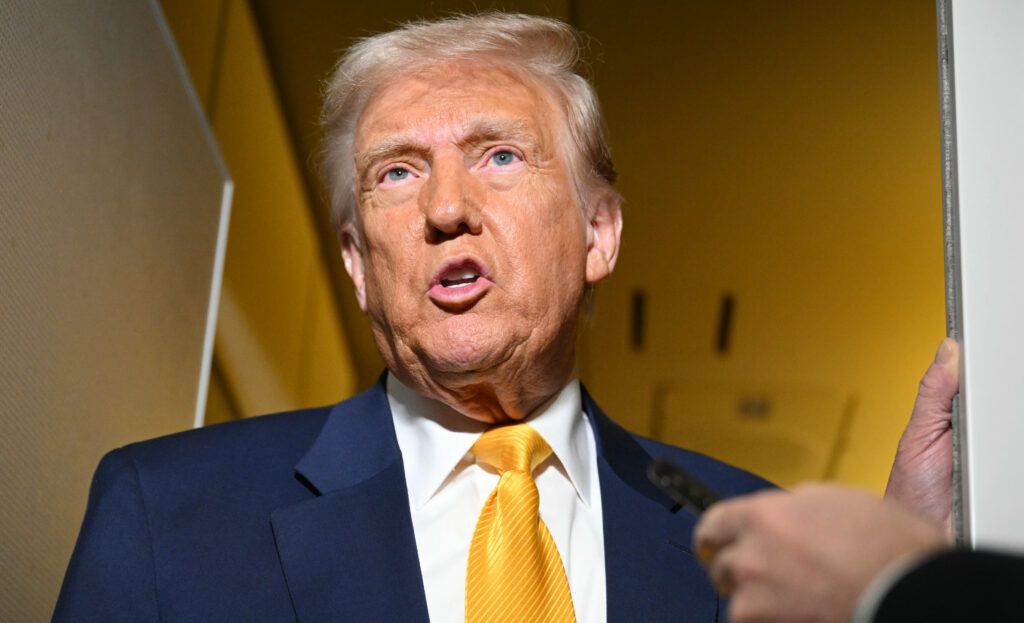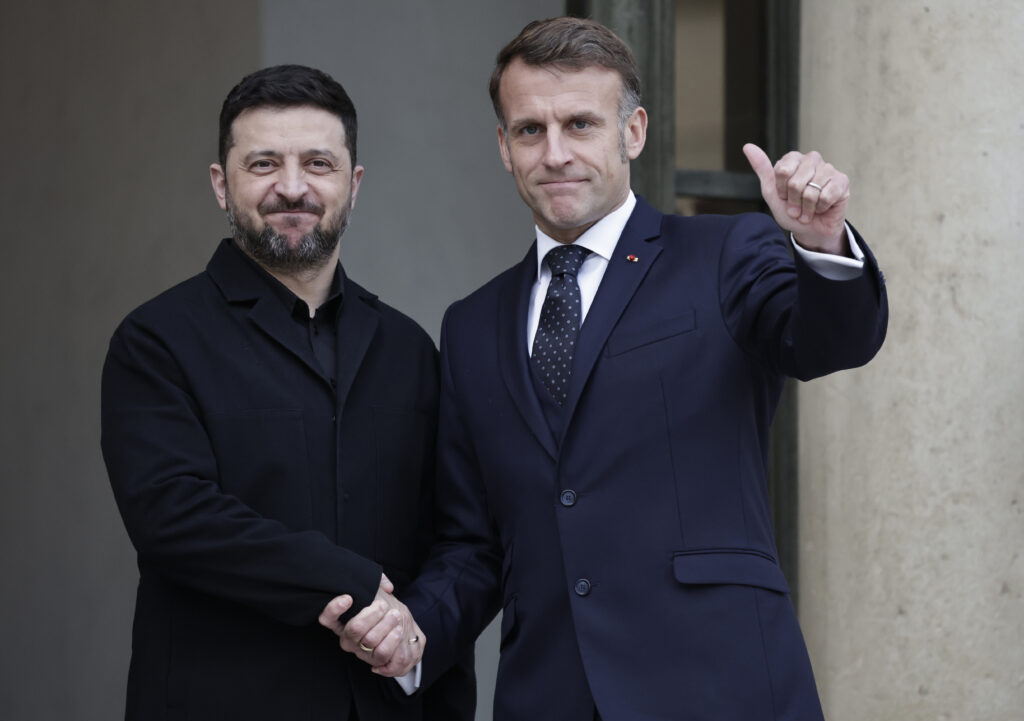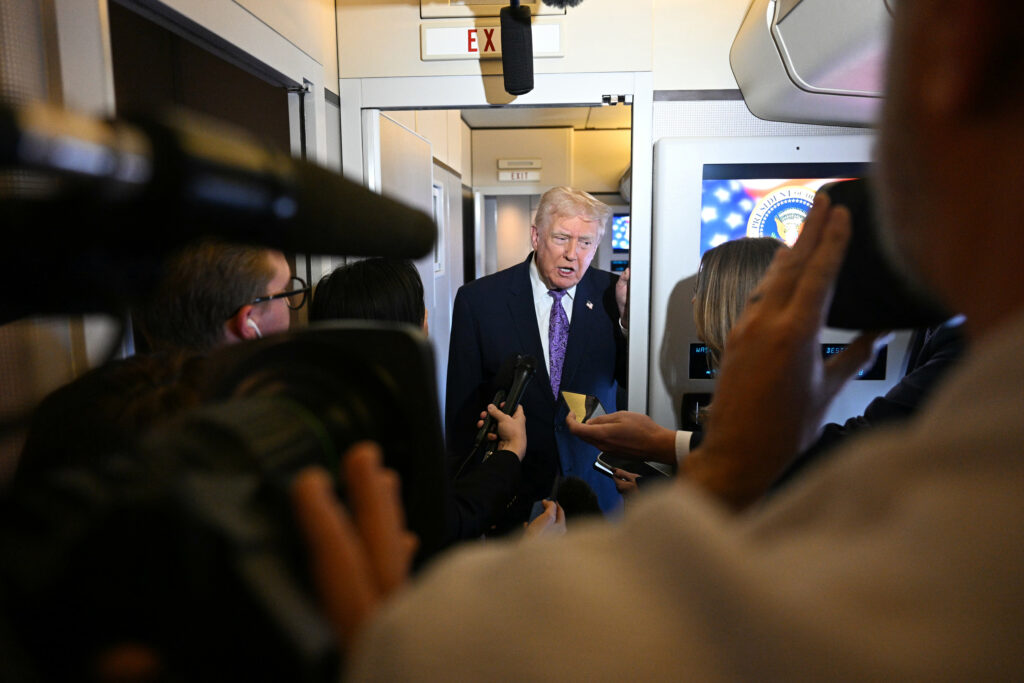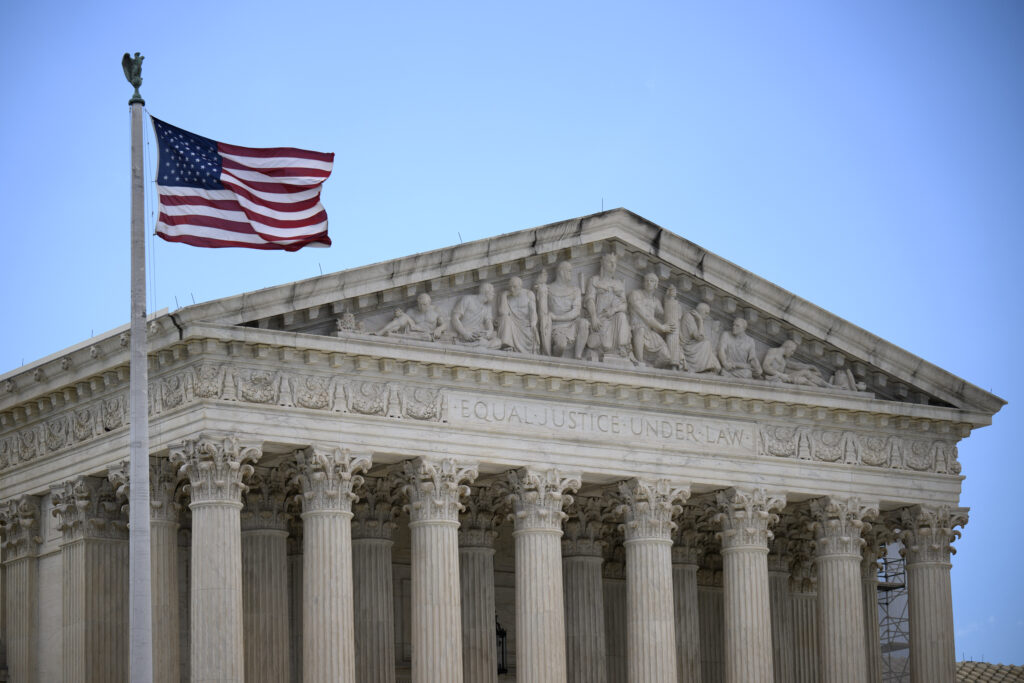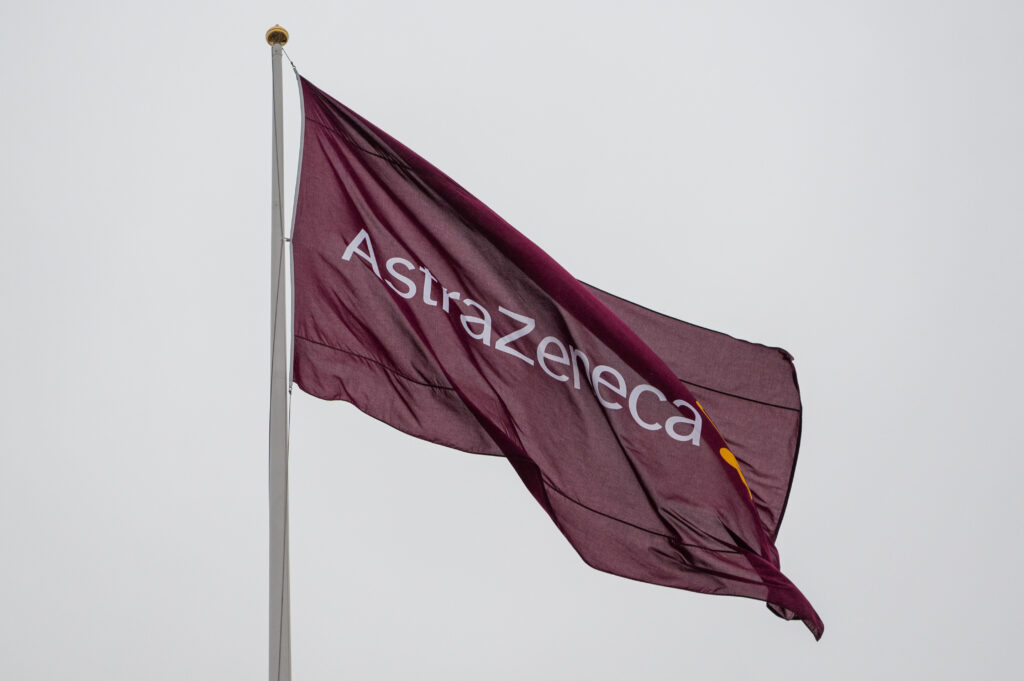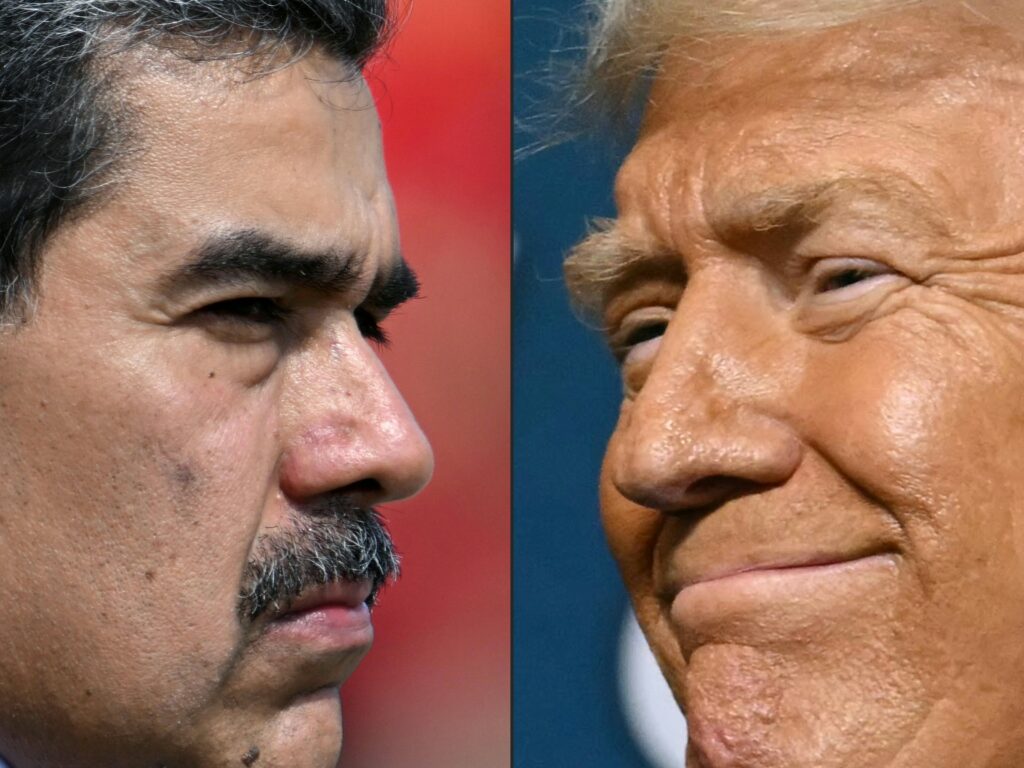Son of Mexican crime lord ‘El Chapo’ pleads guilty in drug case: US media
A son of the infamous Mexican drug lord Joaquin “El Chapo” Guzman pleaded guilty Monday in Chicago to a narcotics trafficking charge and continuing criminal enterprise, US media reported.Joaquin Guzman Lopez, one of four sons of the jailed Sinaloa cartel leader, originally pleaded not guilty after his July 2024 arrest in Texas, but changed it at US District Court in Chicago, the Chicago Tribune reported.Another of his three brothers, Ovidio Guzman — as part of a plea deal struck in exchange for a reduced sentence — pleaded guilty in July 2025 to conspiracy related to drug trafficking and two counts of participating in the activities of a criminal enterprise.Ovidio Guzman also admitted that he and his brothers, known as “Los Chapitos,” had taken over their father’s operations within the cartel.The 68-year-old “El Chapo” is serving a life sentence at a supermax federal prison in Colorado following his 2016 arrest and 2019 conviction.- Trump war on drugs -In July 2024, Joaquin Guzman Lopez pleaded not guilty to drug trafficking, money laundering, and weapons possession.He was taken into custody that month when he arrived in Texas aboard a small private plane, along with the co-founder of the Sinaloa cartel, Ismael “Mayo” Zambada.Zambada claimed to have been misled about the destination and abducted by Guzman Lopez to be handed over against his will to the United States.Following the arrest, clashes intensified between two factions of the cartel headed respectively by the Guzman brothers and Zambada.The infighting led to approximately 1,200 deaths in Mexico and around 1,400 disappearances, according to official figures.Washington accuses the Sinaloa cartel of trafficking fentanyl to the United States, where the synthetic drug has caused tens of thousands of overdose deaths in recent years, straining relations with Mexico.The Sinaloa cartel is one of six Mexican drug-trafficking groups that US President Donald Trump has designated as global terrorist organizations.In its aggressive policy against drug cartels, the Trump administration announced additional sanctions against “Los Chapitos” in June for fentanyl trafficking and increased the reward to $10 million for each of the fugitive brothers.The two other “Chapitos” — Ivan Archivaldo Guzman Salazar and Jesus Alfredo Guzman Salazar — have also been indicted on drug trafficking charges in the United States but remain at large.

